Prime Minister Pham Minh Chinh thanked Japan for actively supporting Vietnam in overcoming the consequences of the recent storm No. 3 as well as in the period of preventing the Covid-19 pandemic.
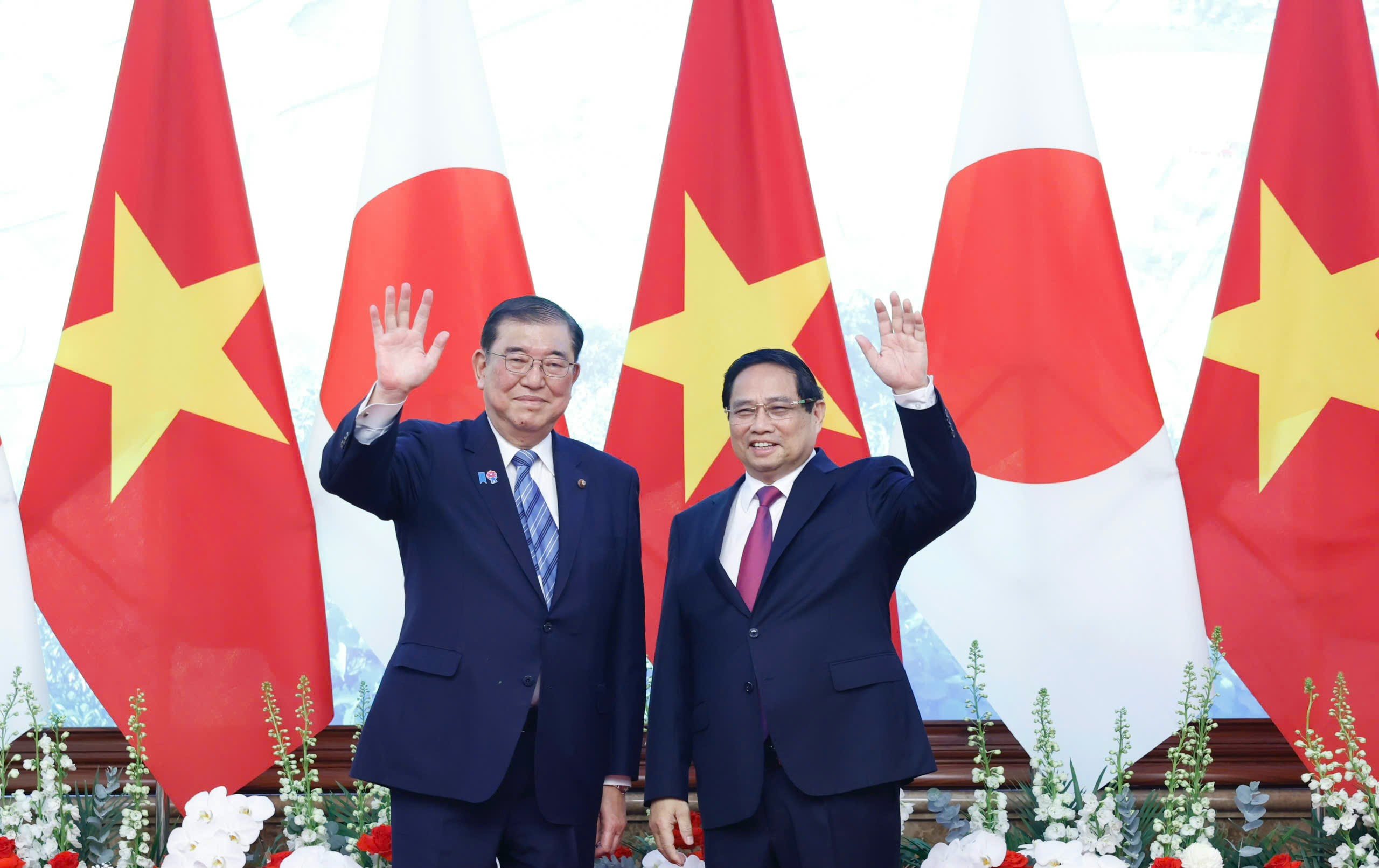
Prime Minister Pham Minh Chinh holds talks with Japanese Prime Minister Ishiba Shigeru
PHOTO: TUAN MINH
Prime Minister Ishiba said that President Ho Chi Minh's leadership with the consistent ideology of peace and charity was the key factor for the success of Vietnam's struggle for national liberation and reunification; he shared his deep impression of Vietnam's development since his visit to Vietnam as a young parliamentarian 35 years ago.
Prime Minister Pham Minh Chinh affirmed that Vietnam considers Japan one of its most important and trustworthy partners; assessed that the relationship between the two countries has increasingly broad potential for cooperation based on political trust, long-standing people-to-people exchanges and complementary strengths.
At the same time, Prime Minister Pham Minh Chinh thanked and appreciated the contributions of ODA loans and investment from Japanese enterprises in Vietnam to the socio-economic development of Vietnam in recent times. The Prime Minister also shared solutions in the quartet of strategies to implement industrialization and modernization.
Prime Minister Ishiba highly appreciated Vietnam's position and role in the region and the world; affirmed that Japan will continue to accompany Vietnam in the new era, supporting Vietnam in socio-economic development, building an independent and self-reliant economy, industrializing, modernizing, and developing science and technology.
The two Prime Ministers expressed their delight at the comprehensive development of the Vietnam-Japan Comprehensive Strategic Partnership after nearly two years of upgrading to a new framework; and highly appreciated the progress achieved after two meetings and exchanges between the two Prime Ministers in just the past year.
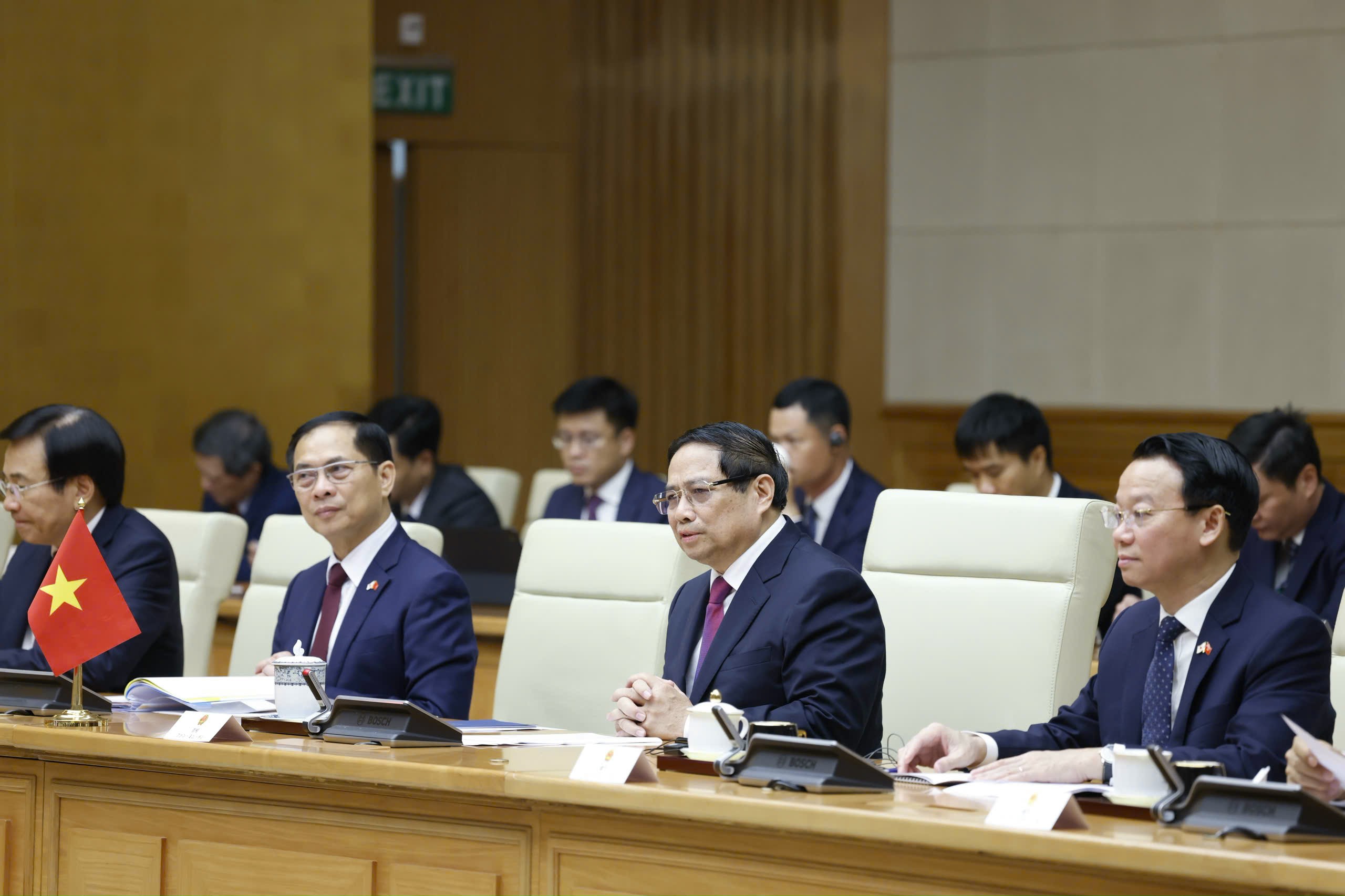
Prime Minister Pham Minh Chinh at the meeting
PHOTO: TUAN MINH
The two sides also exchanged and reached many common perceptions on major directions and measures to bring the bilateral relationship to a new height, entering a new era based on the motto of "sincerity, affection, trust, substance, efficiency, and mutual benefit" in five areas, including political relations; economy, human resource connection; security - defense; science and technology, green transformation; and cooperation at multilateral forums.
The two Prime Ministers agreed to continue enhancing political trust through maintaining annual high-level visits and contacts; promoting exchanges to soon implement the visit to Vietnam by the Japanese Emperor and Empress, promoting regular meetings between the two Prime Ministers, improving the effectiveness of cooperation and dialogue mechanisms; and enhancing substantive defense and security cooperation.
The two sides agreed to upgrade the Strategic Partnership Dialogue mechanism at the Deputy Foreign Minister level to the 2+2 Dialogue at the Deputy Foreign Minister - Defense level and hold the first meeting in 2025.
The two Prime Ministers agreed to deepen economic cooperation as a key pillar of the relationship, promote more substantial and sustainable economic links, thereby supporting each other's development in the context of the current difficult international economic situation.
Japan will support Vietnam's semiconductor PhD training
The two sides agreed to promote new-generation ODA cooperation for strategic infrastructure projects, enhance substantive, effective and sustainable investment and trade cooperation; and highly appreciated the progress made in a number of important projects.
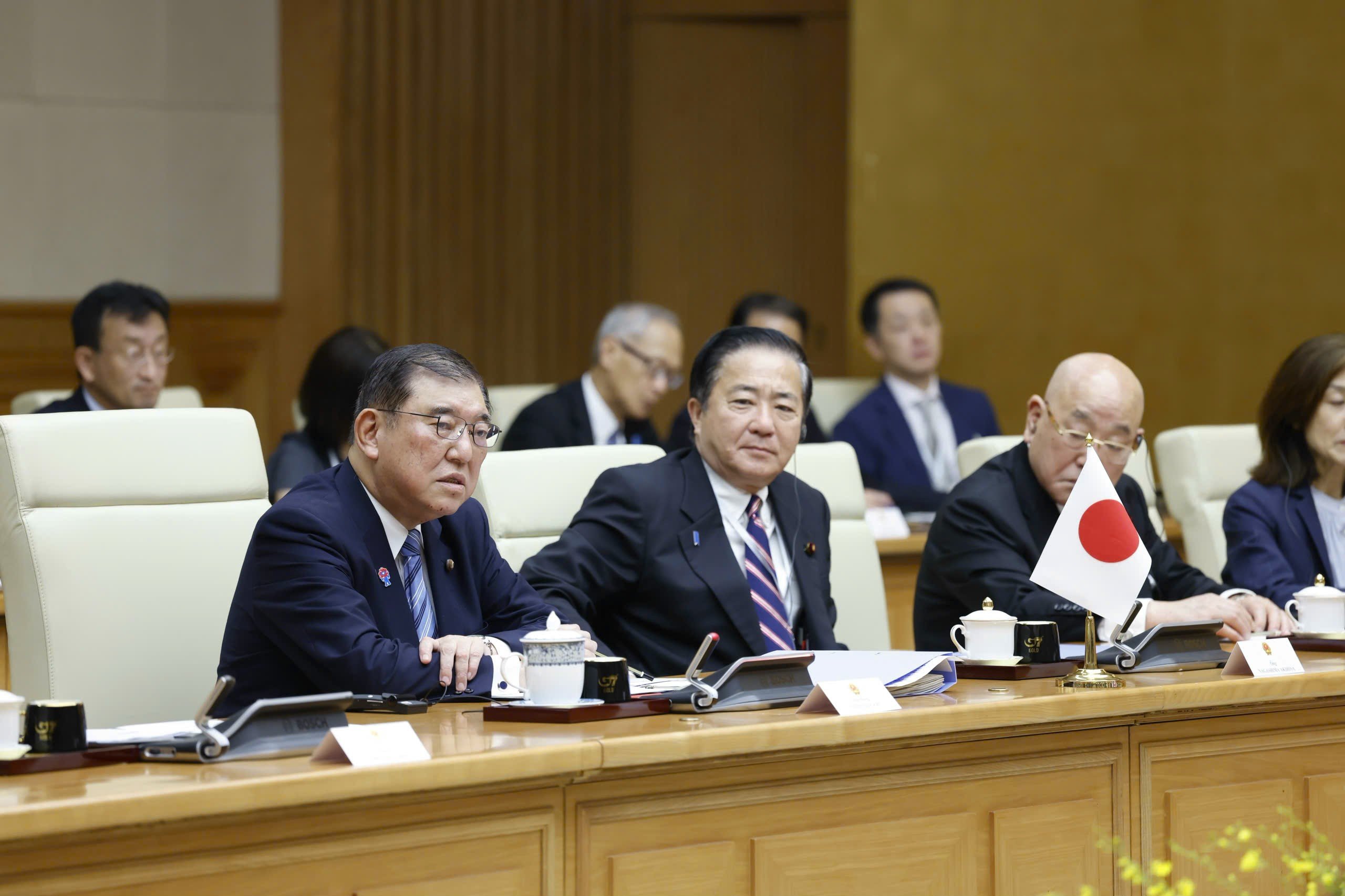
Japanese Prime Minister Ishiba Shigeru at the meeting
PHOTO: TUAN MINH
The two sides agreed to promote high-tech agricultural cooperation associated with ensuring the food supply chain, and signed the Medium and Long-Term Vision on Agricultural Cooperation for the 2025-2030 period in 2025.
Prime Minister Pham Minh Chinh affirmed that Vietnam is determined to improve the investment and business environment to create conditions for Japanese investors to continue investing and doing business successfully in Vietnam.
Based on similarities in development strategies based on science and technology and digital transformation, the two Prime Ministers agreed to identify cooperation in science and technology, innovation, and training of high-quality human resources as new pillars of bilateral relations.
Prime Minister Pham Minh Chinh proposed that Japan continue to support Vietnam in training high-quality human resources, enhance cooperation between research and training institutions, scientists and businesses of the two countries, and increase the provision of scholarships for Vietnamese students and researchers.
Support the community of 70 Vietnamese enterprises and 5,000 IT engineers to actively participate in Japan's IT supply chain and digital transformation process.
Prime Minister Ishiba affirmed that Japan will support joint research projects and PhD training in semiconductors in Vietnam through the Japan-ASEAN Science, Technology and Innovation Cooperation Project (NEXUS); announced that Japan wishes to implement 15 projects in the field of energy transition worth more than 20 billion USD within the framework of the Asian Energy Transition Initiative (AETI) and the Asian Net Zero Emission Community (AZEC).
Prime Minister Ishiba highly appreciated the contribution and affirmed that he will continue to care for, support and create favorable conditions for the community of more than 600,000 Vietnamese people in Japan. The two sides agreed to continue discussing the simplification of procedures and the expansion of visa issuance to Japan for Vietnamese citizens, aiming at the goal of 2 million tourists visiting each other each year.
The two sides affirmed the importance of maintaining the international order and a free, open, inclusive and rules-based trading system, on the basis of respect for the fundamental principles of international law and the United Nations Charter.
At the same time, he affirmed the importance of maintaining peace, stability and resolving disputes in the East Sea by peaceful means, on the basis of international law, especially the 1982 United Nations Convention on the Law of the Sea, the Declaration on the Conduct of Parties in the East Sea (DOC), and the early completion of an effective and efficient Code of Conduct in the East Sea (COC).
Source: https://thanhnien.vn/nhat-ban-se-tiep-tuc-dong-hanh-cung-viet-nam-trong-ky-nguyen-moi-18525042815104777.htm





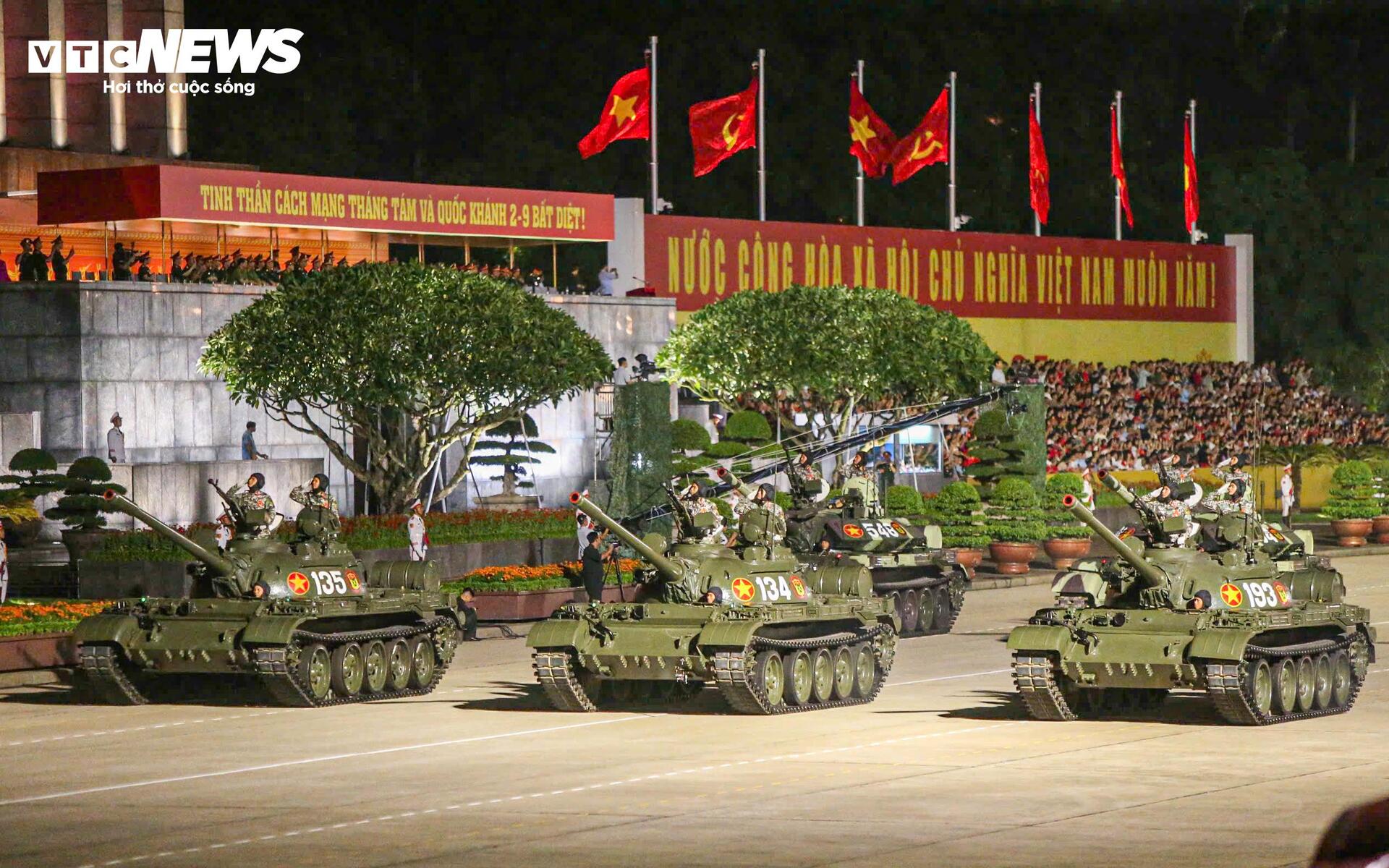


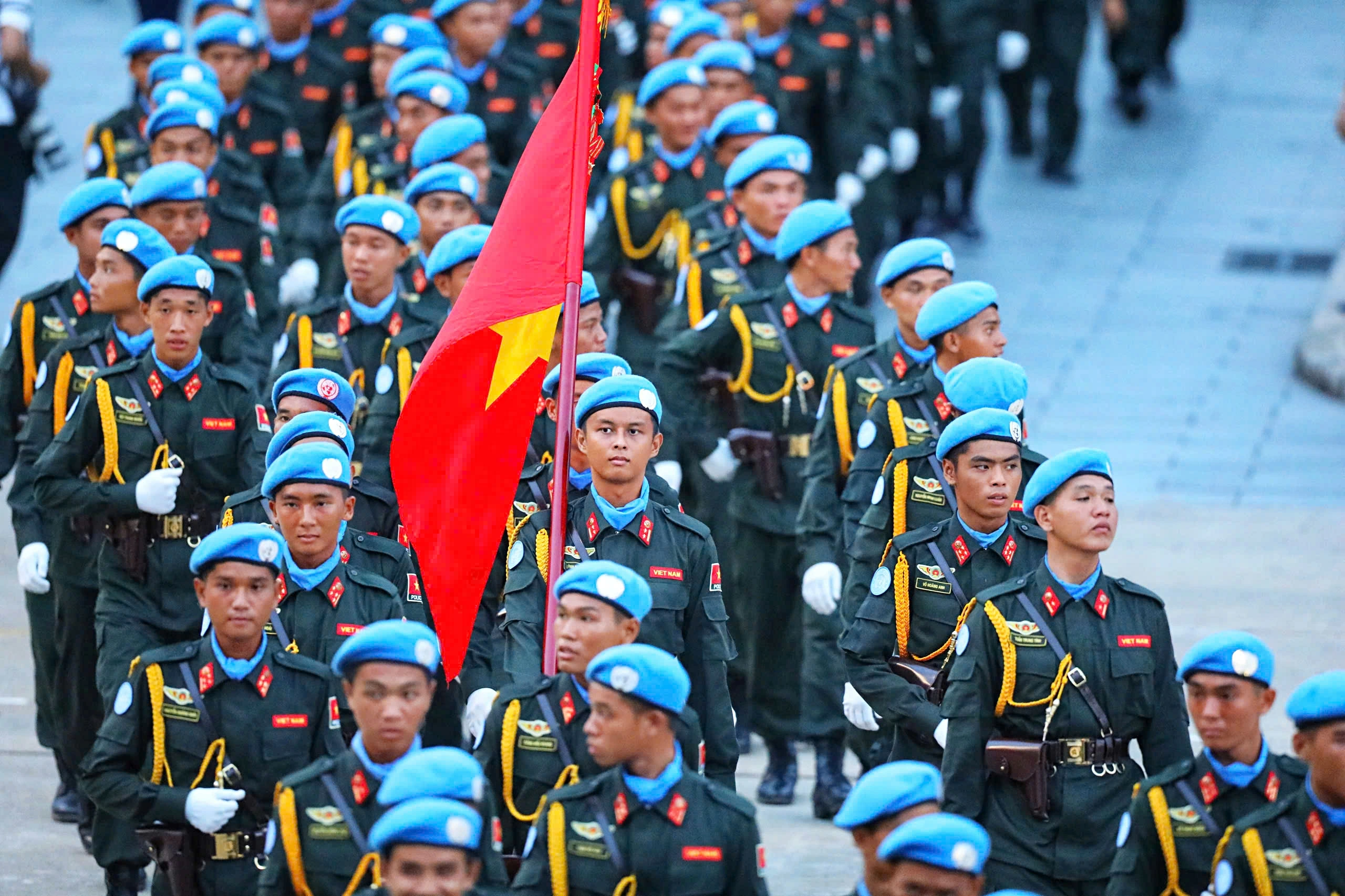
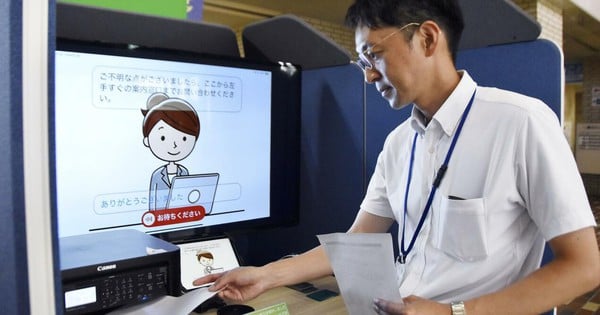

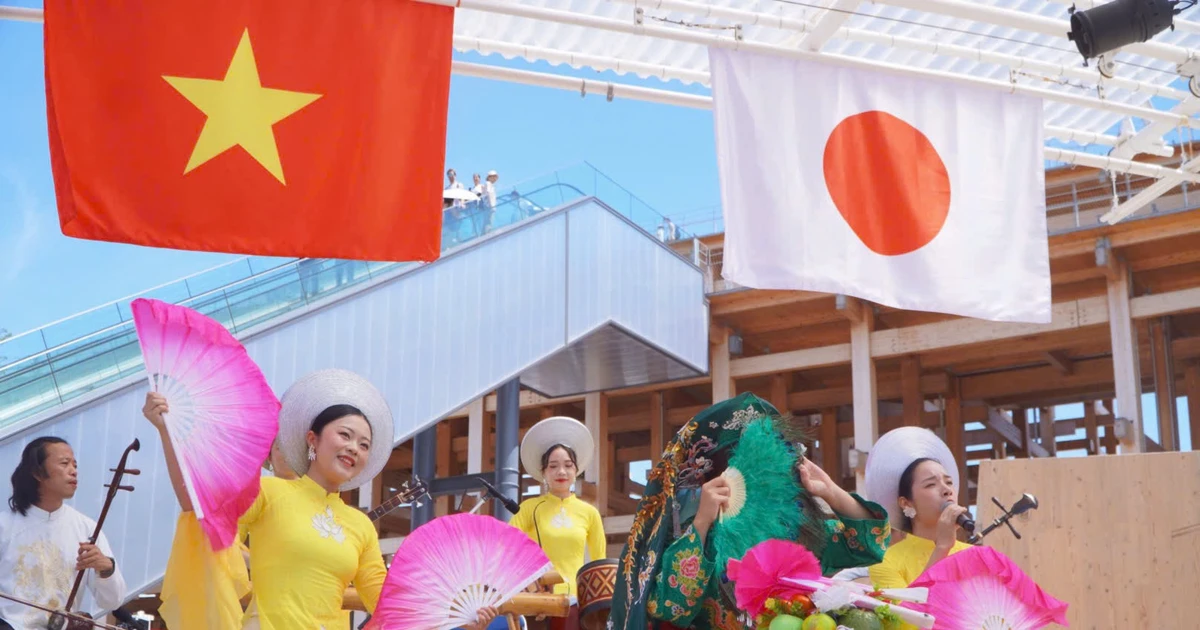




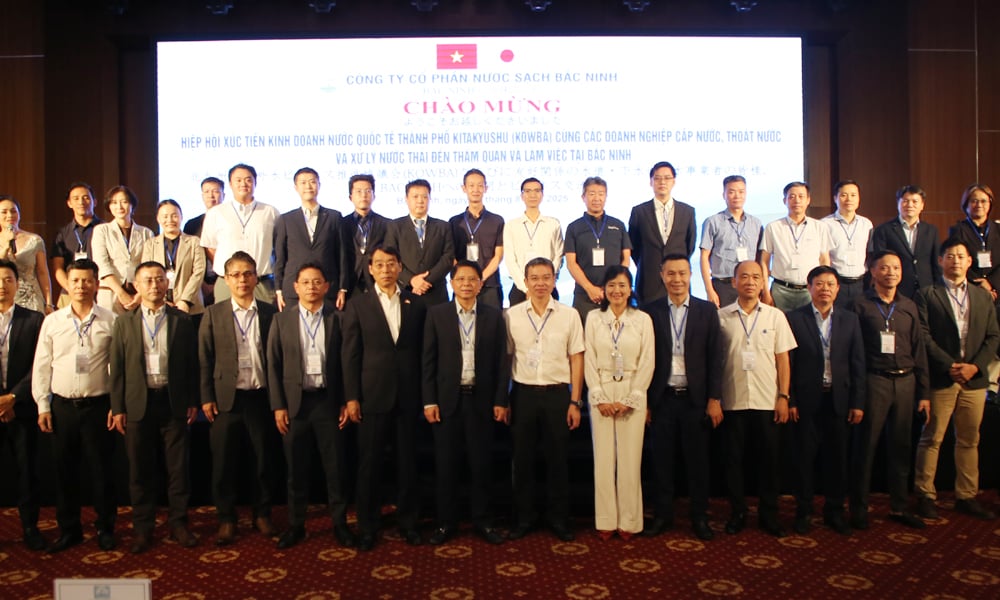


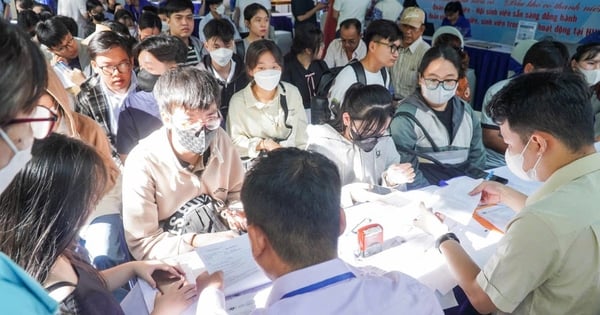

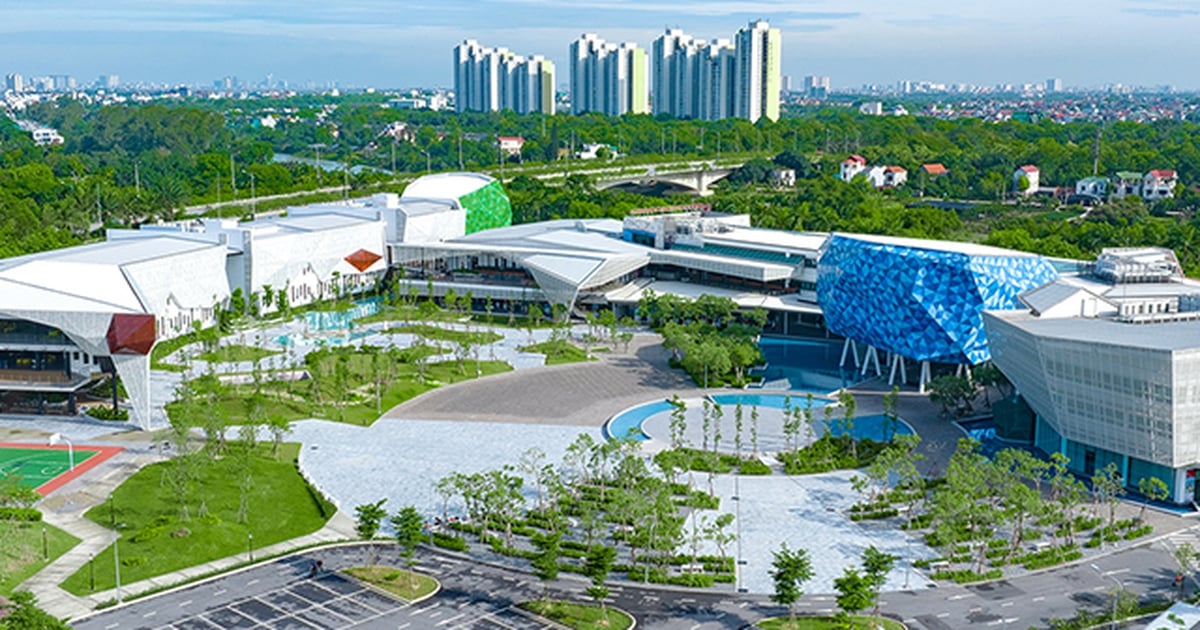
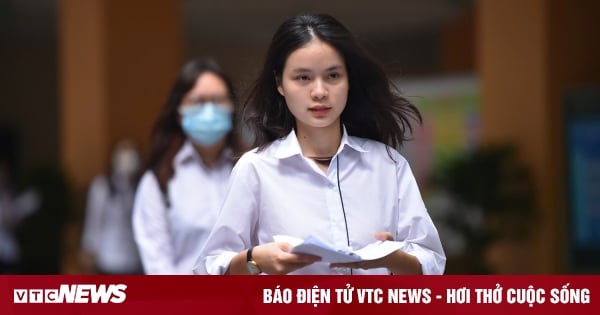

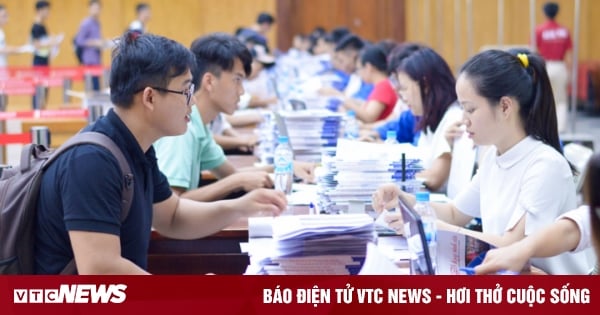
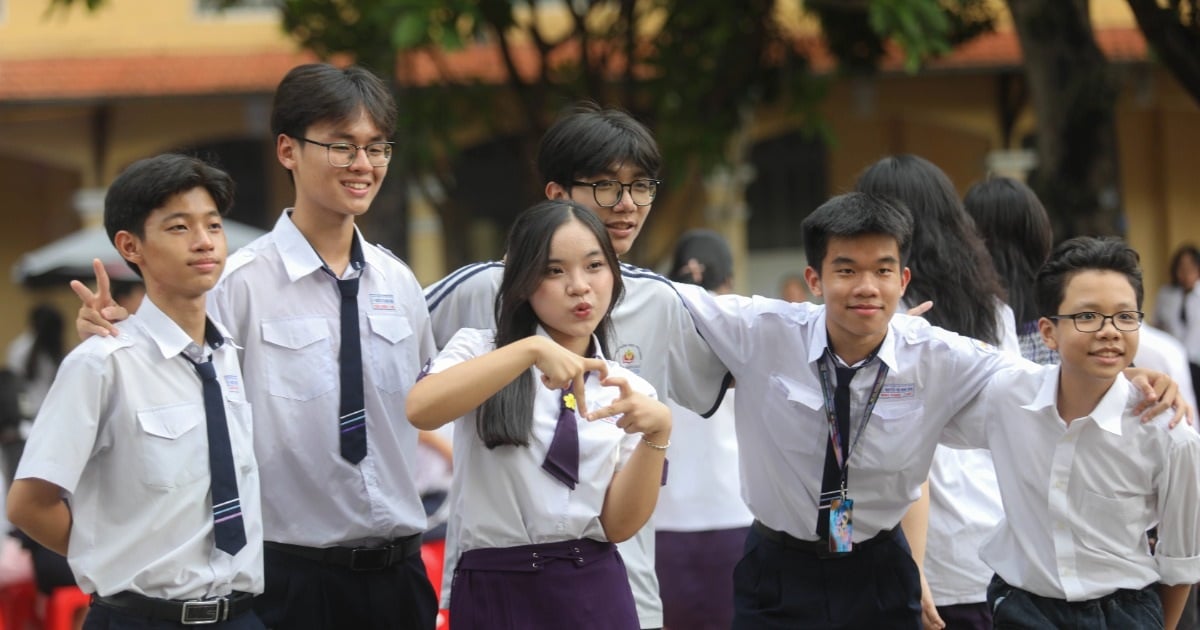

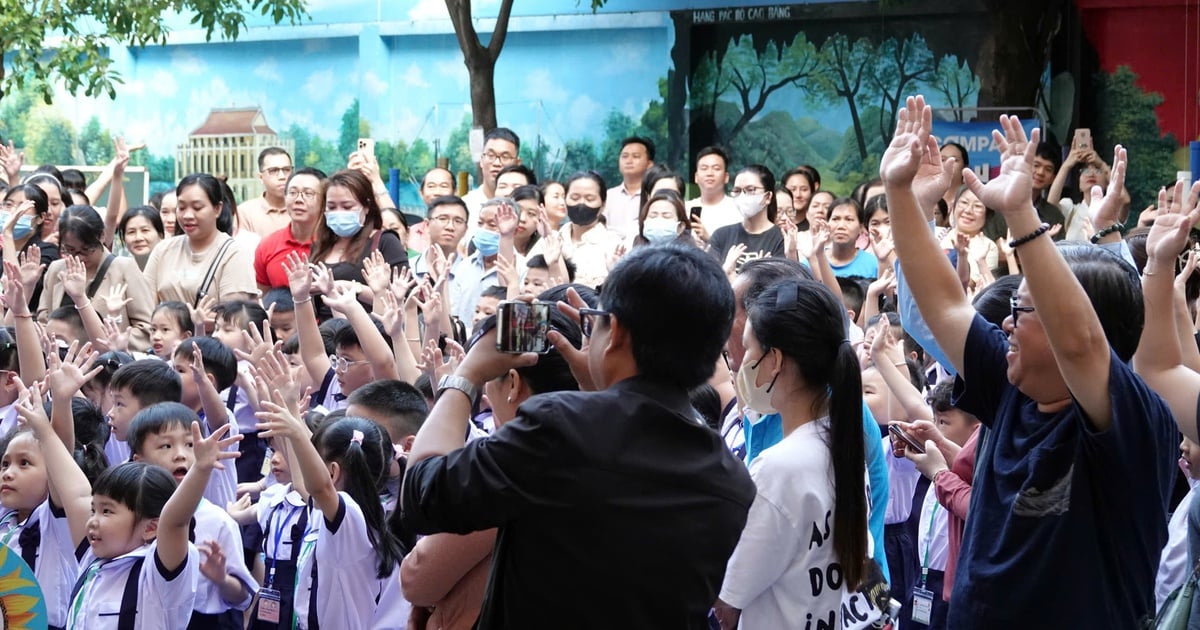



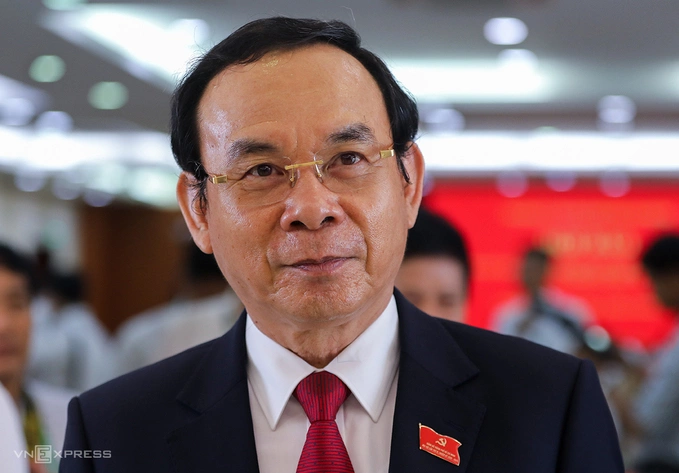



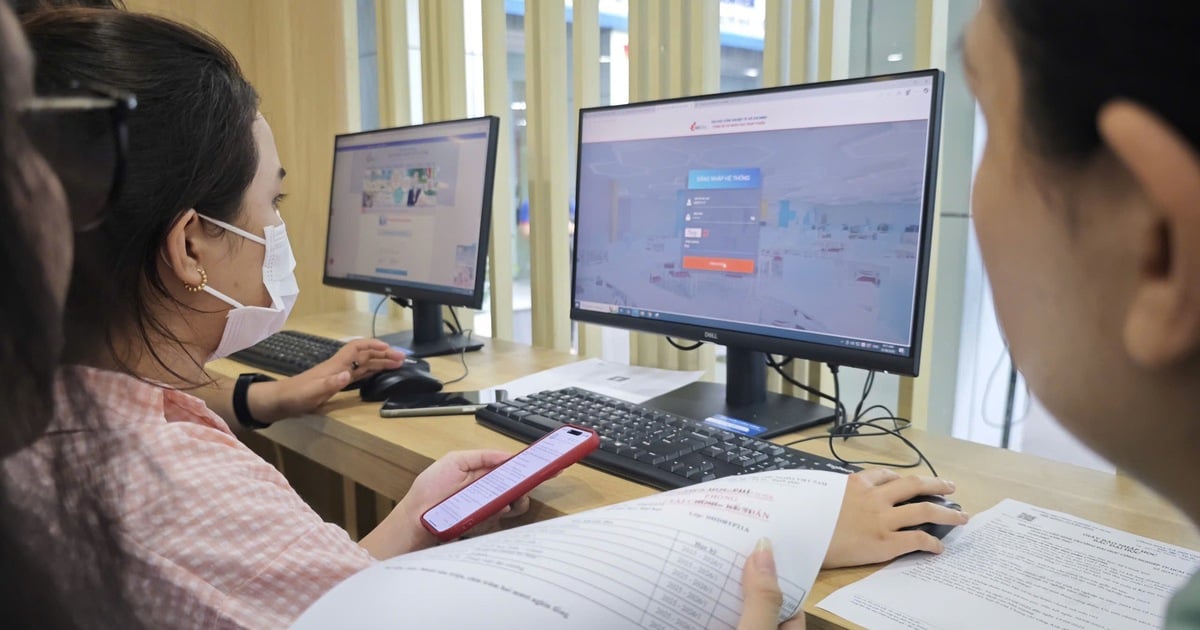
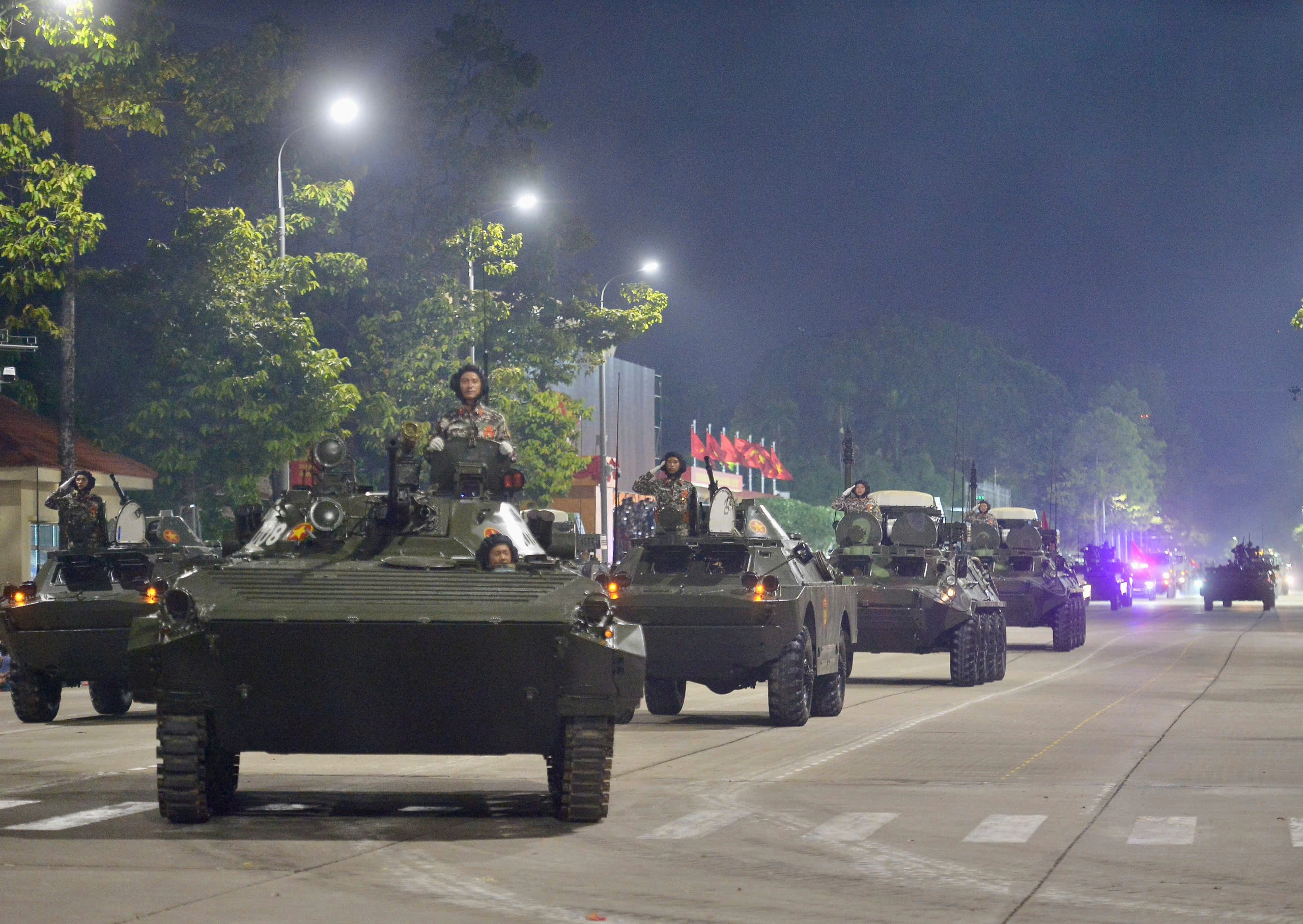














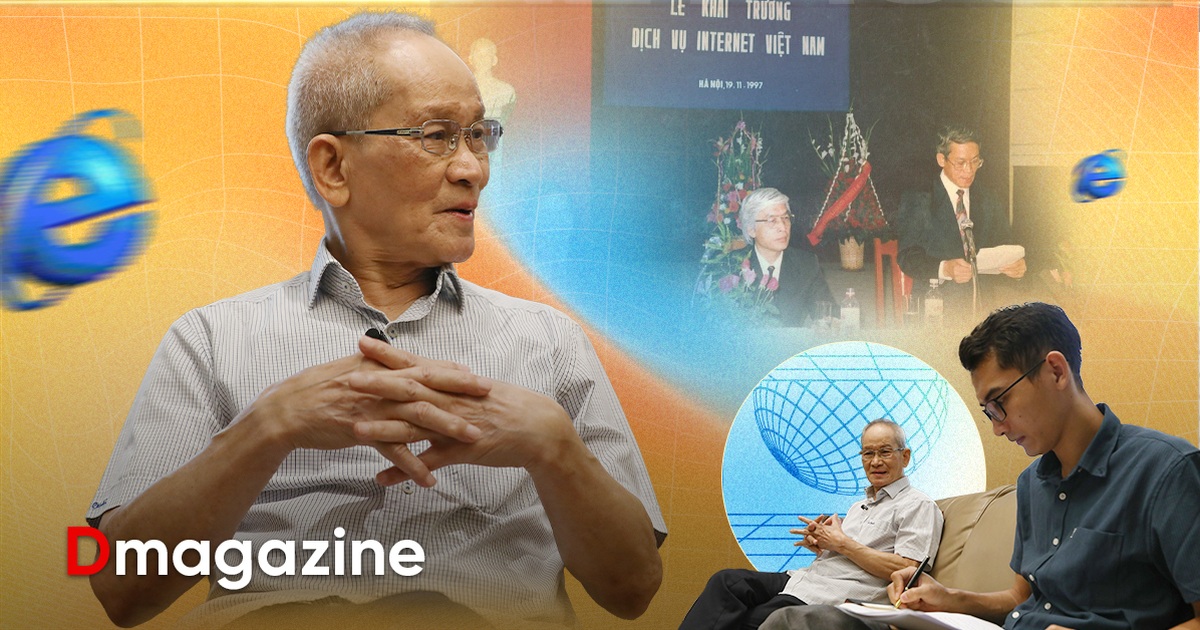

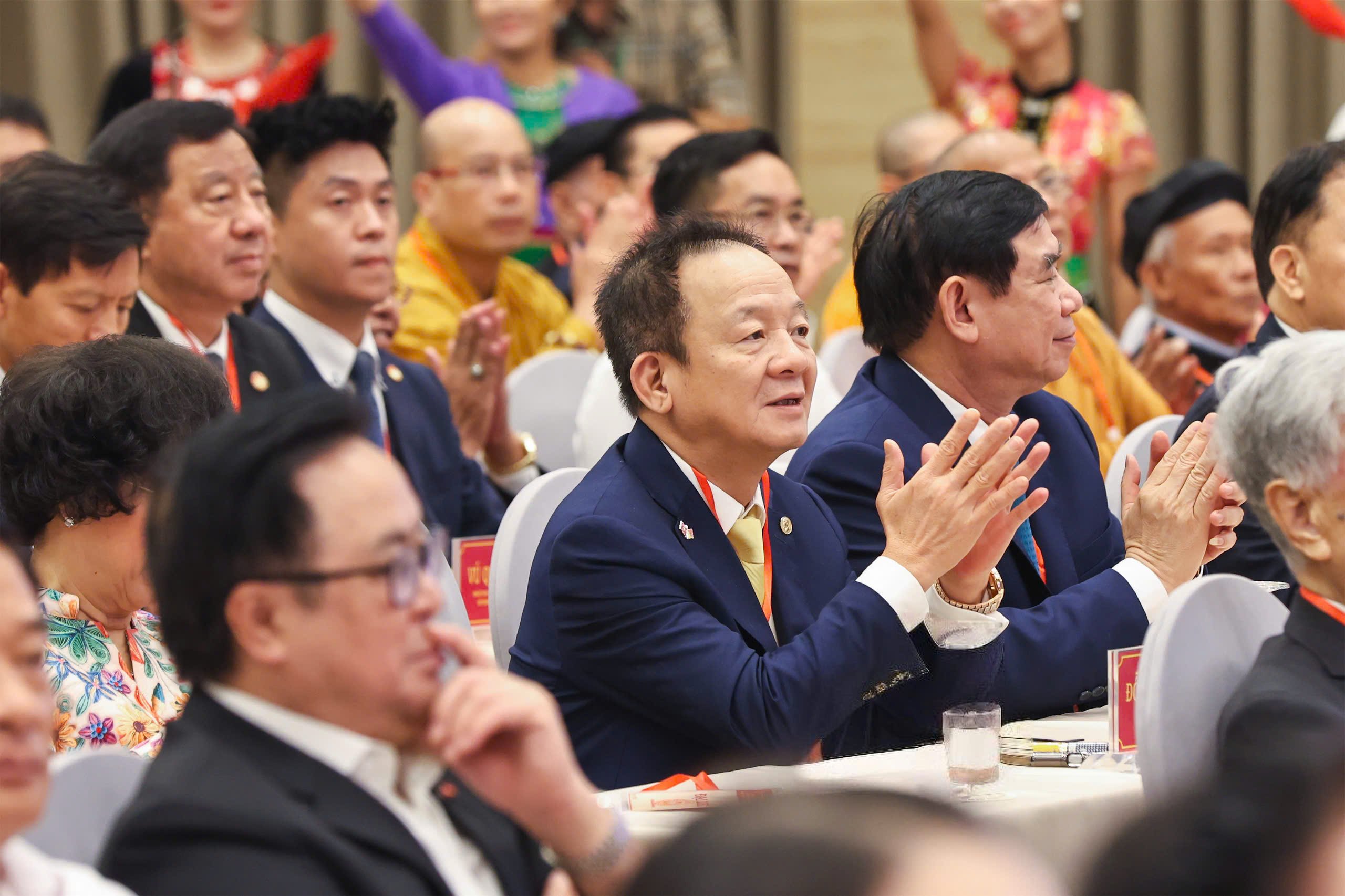



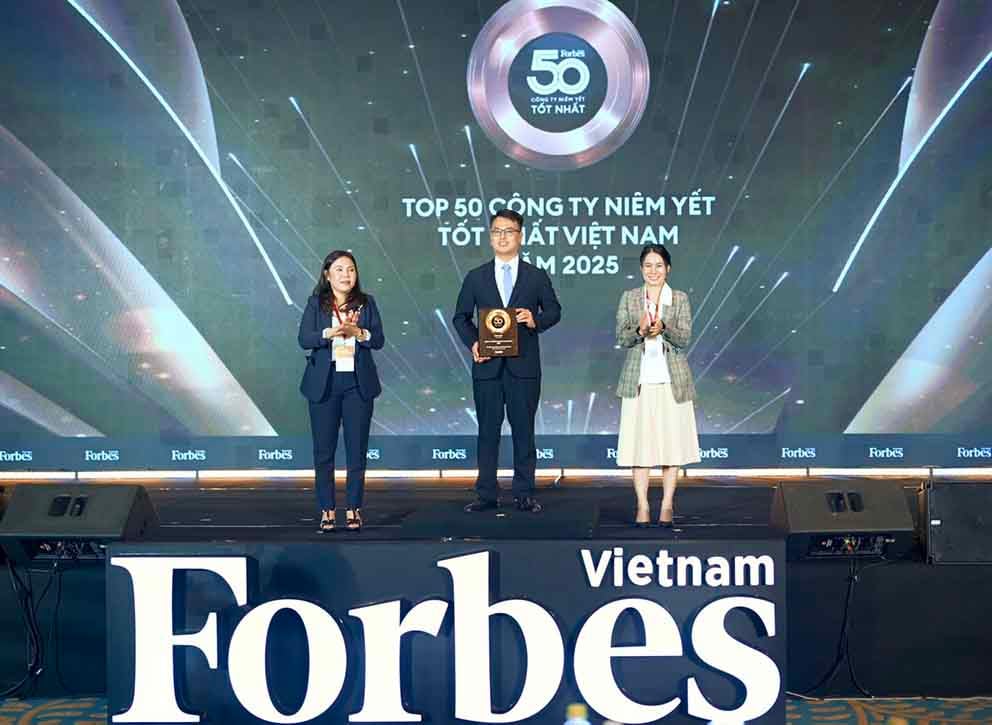

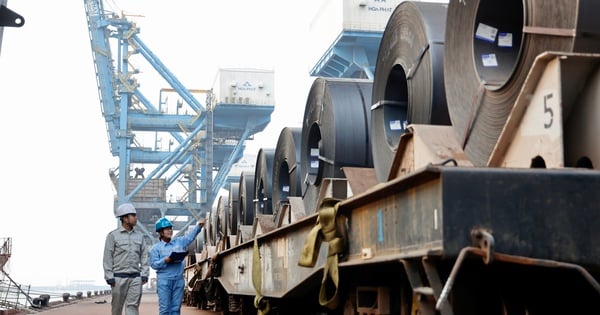





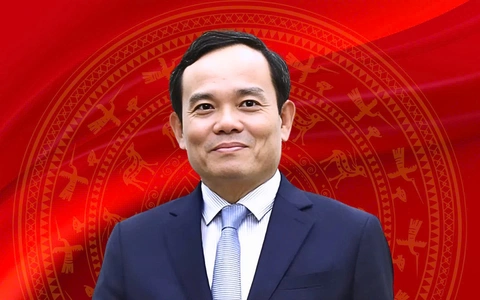

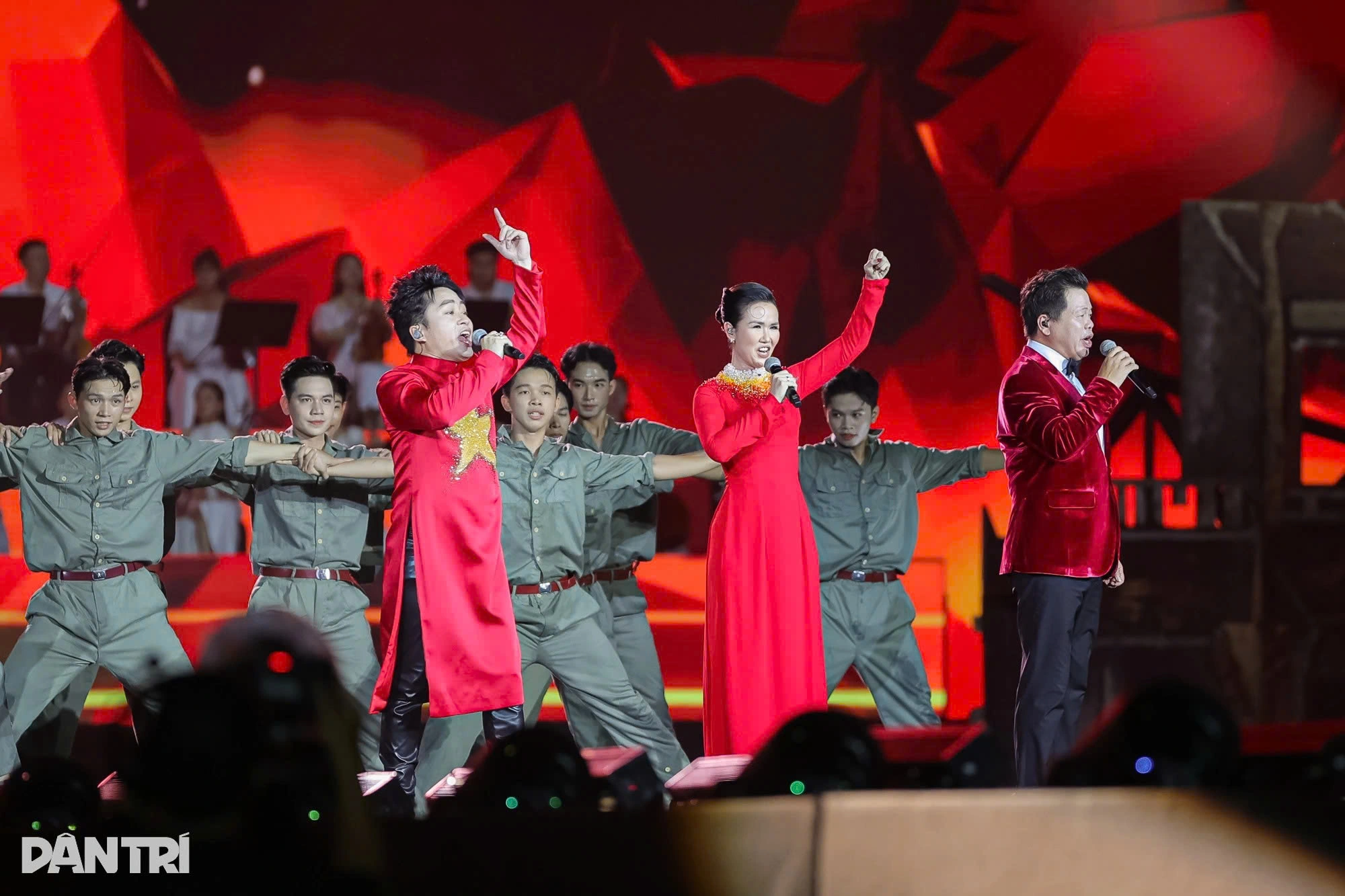
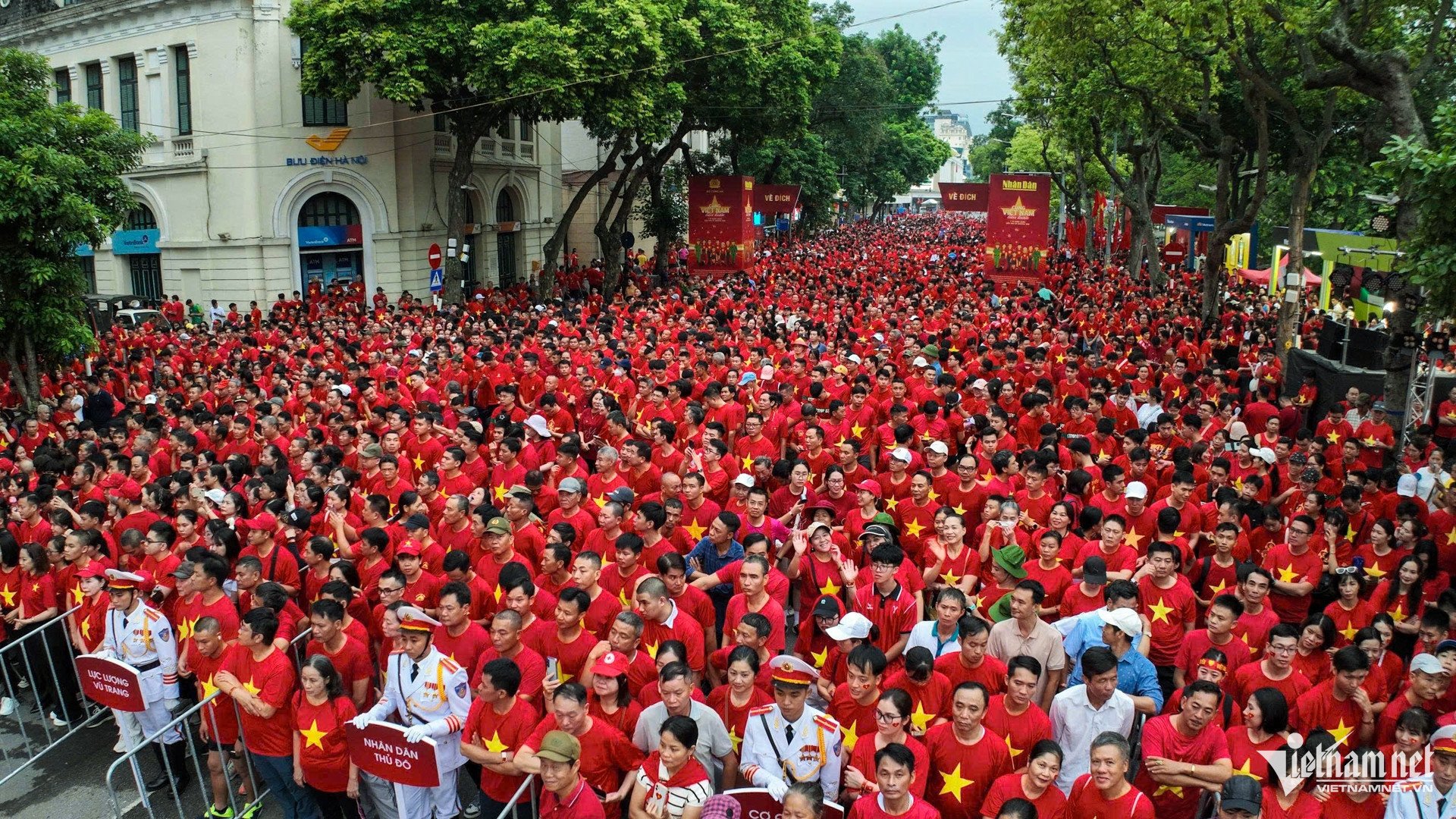

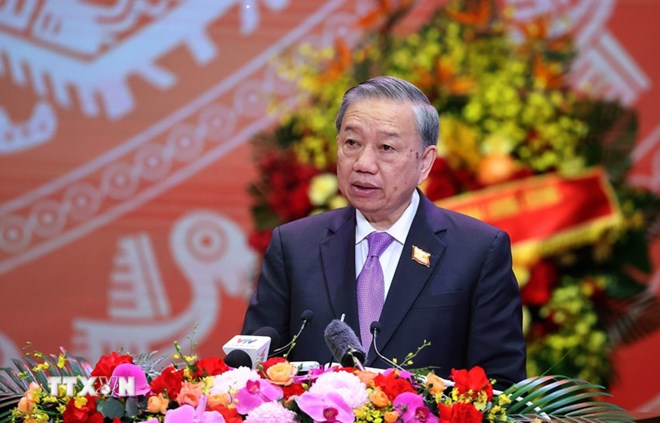

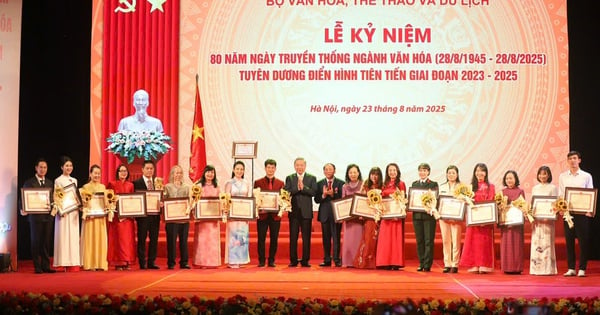

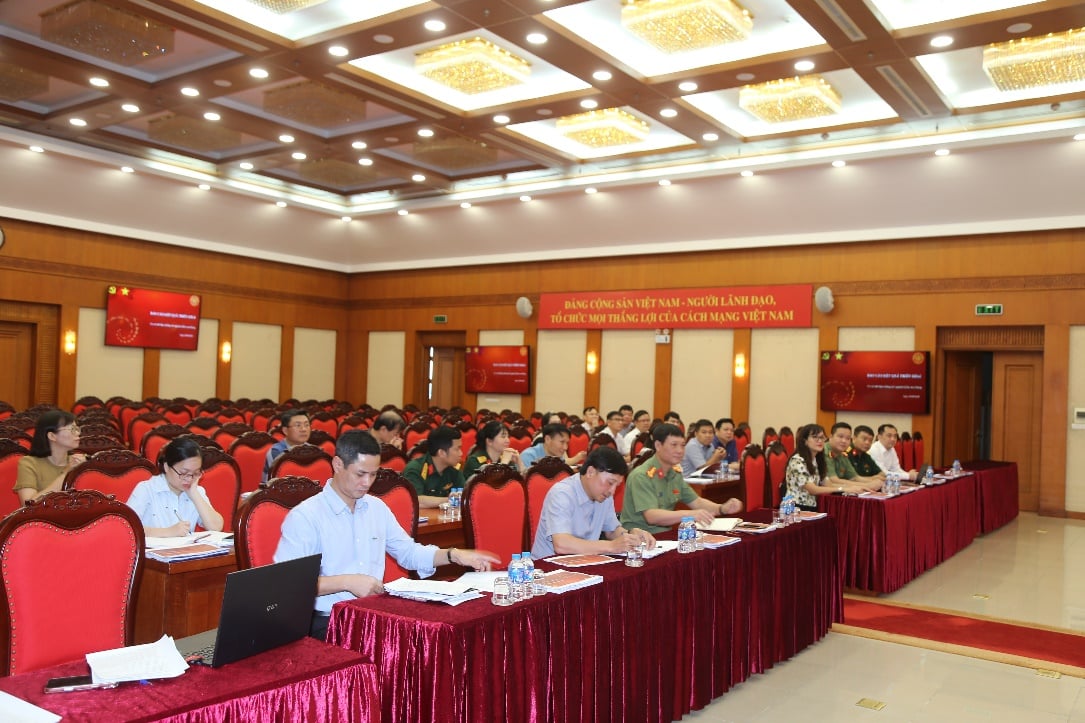

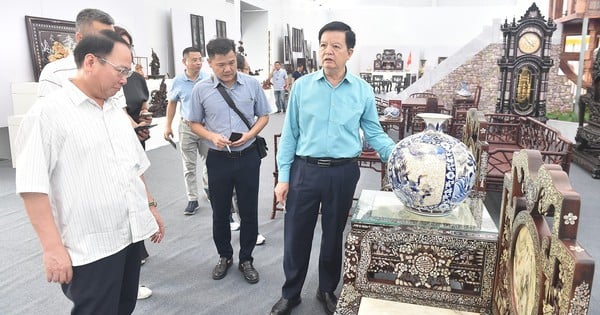





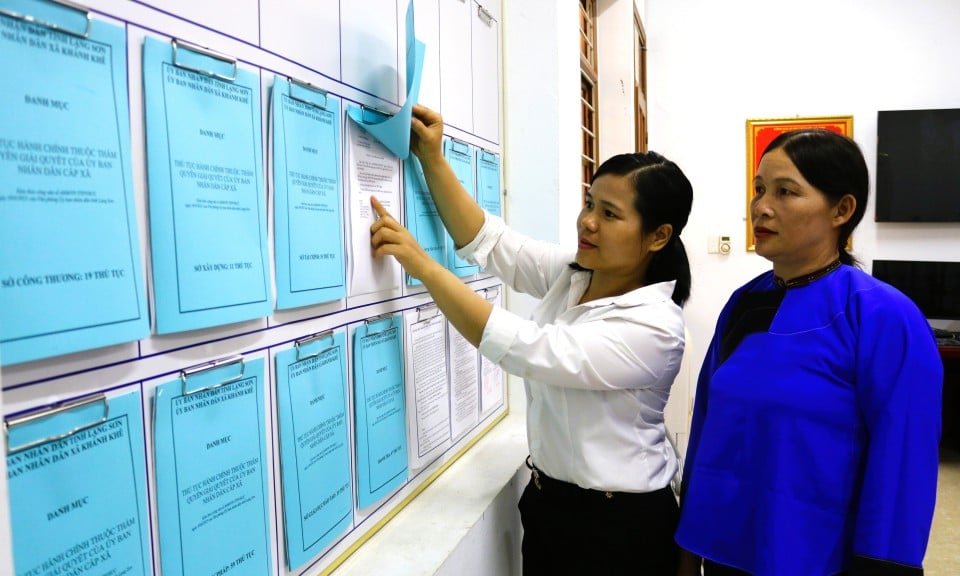

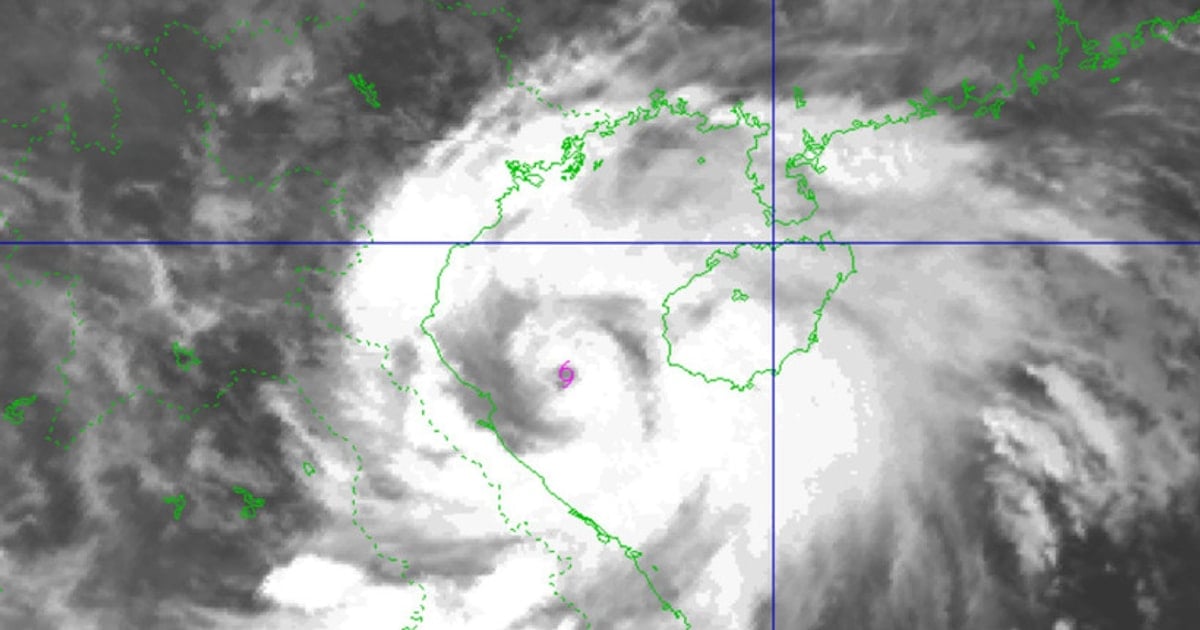


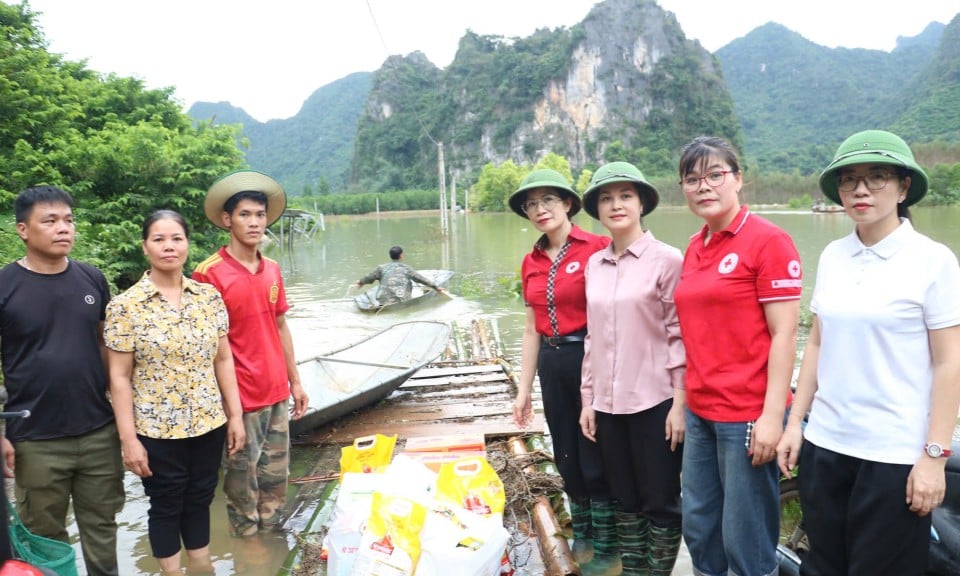
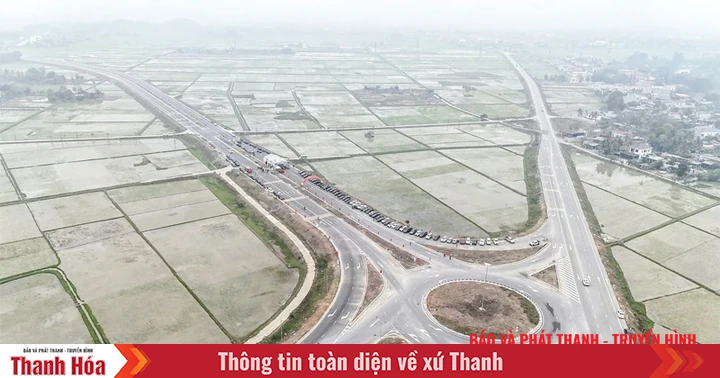

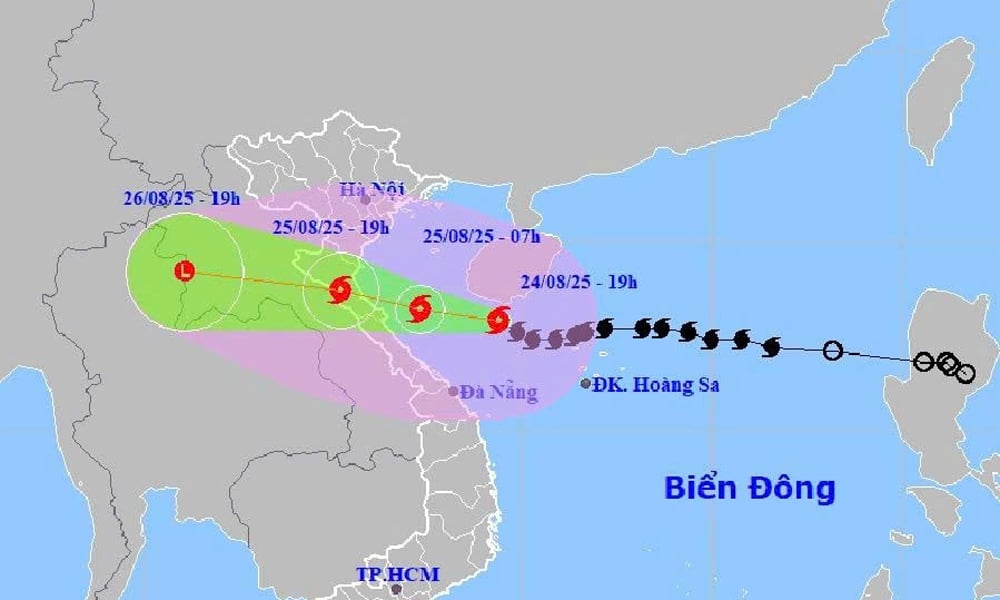












Comment (0)